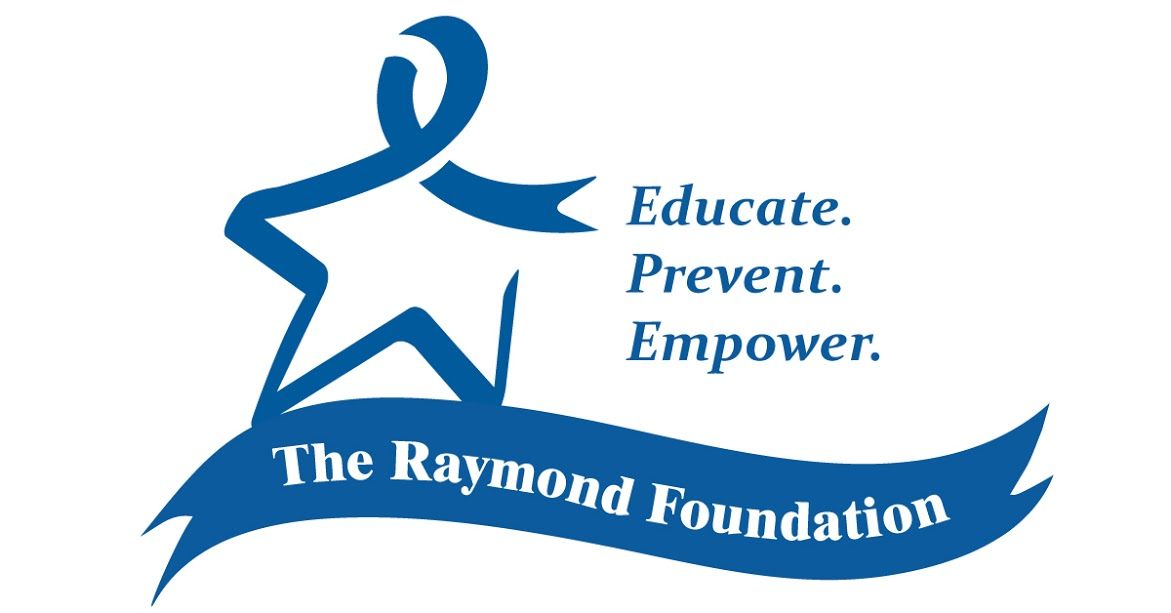
Clinical Trials Can Be Scary – But with Advice From Past Participants, They Don’t Have To Be

Clinical trials may seem scary and challenging for patients with cancer, but in reality, they don’t have to be. Here is how talking to former patients on clinical trials can help.
The idea of participating in a clinical trial can conjure up worries of untested treatment methods and unknown outcomes. But in reality, taking part in the research side of cancer treatment is a unique opportunity to “pay it forward”, according to Martha Raymond, the founder and CEO of The Raymond Foundation.
In an interview with CURE®, Raymond discussed how she and her colleagues at The Raymond Foundation work to connect patients who are on the fence about clinical trials with those who have “walked the walk” and find that those conversations tend to alleviate those fears and help make the decision to participate an easy one.
Transcription:
So, from so many individuals that, over the years, I've spoken to, and our team has spoken to individuals that have participated in a clinical trial or even two or three clinical trials. I know a couple of individuals that are going through trials right now, and maybe their second or third. I think the benefits and just the understanding that, yes, it is scary. And I think we have to acknowledge that, because it's a little bit of that fear of the unknown. And that makes total sense.
But I think for patients that begin a trial, they do feel that sense of like I am paying it forward, I am helping individuals that may come after me. And while, yes, this may be the perfect solution to the type of cancer I have, and it may work wonderfully and the trial may be a great success, they also have that added knowledge that they are paying it forward that they are helping individuals that will come after them. So I think, from talking to patients, that's one of the main things we hear that.
And then the other thing I think is so important is when an individual is possibly considering a trial, many times I will say, let me ask a patient currently under trial, if they'll speak with you for a moment. And I think anytime we're able to match somebody up, even if it's not the same disease state, or even if it's not the same trial, the new patient comes away like, “Okay, I get it now, and they've answered my questions because they've walked the walk.” And so, we always try, no matter how difficult it might be, to find an individual that's gone through a trial to match up with somebody considering a trial.
For more news on cancer updates, research and education, don’t forget to




